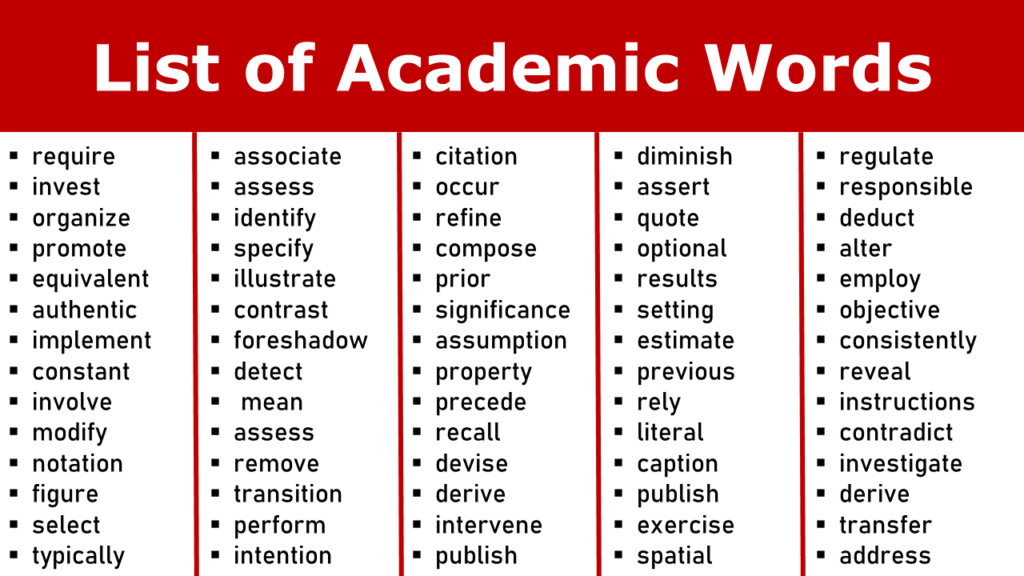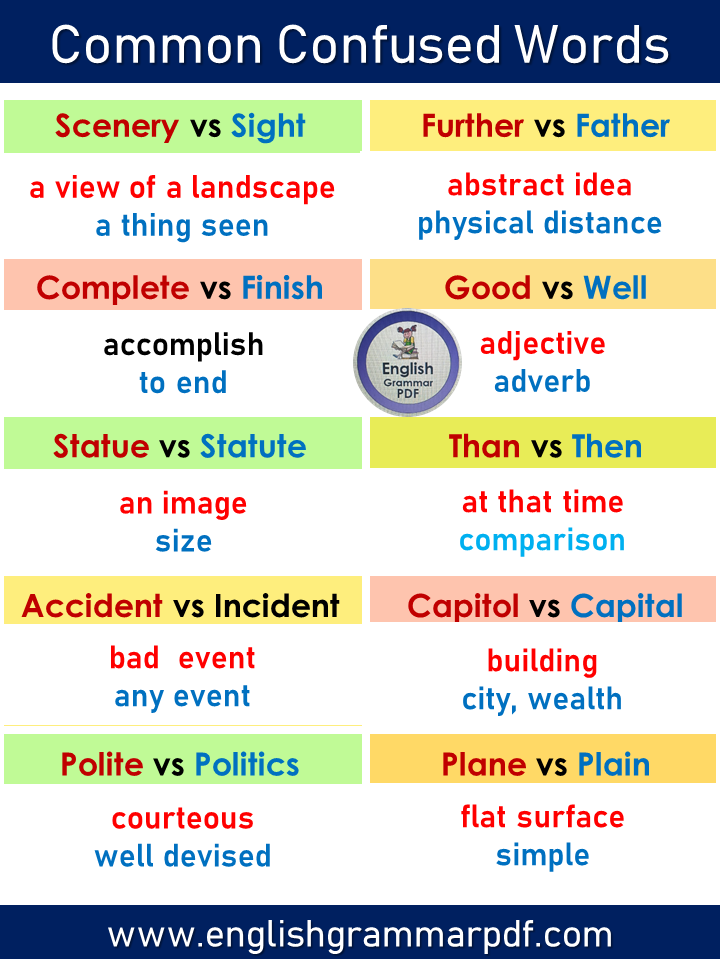High-frequency words are commonly used words in a language. These words may be small like ‘the’, ‘is’, and ‘and’, but they play an important role in our daily communication and language learning. These are the words with relatively most frequent. We frequently use all of these words in our daily life. These words are very interesting as well as important for ESL students, which is why we have created an easy-to-understand list of these words.
High-Frequency Words for Kids
Here are the most common and high-frequency words for kids;
| the | they | we |
| and | I | when |
| a | at | your |
| to | be | can |
| in | this | said |
| is | have | there |
| you | from | use |
| that | or | an |
| it | one | each |
| he | had | which |
| was | by | she |
| for | word | do |
| on | but | how |
| are | not | their |
| as | what | if |
| with | all | will |
| his | were | we |
High-Frequency Words List (A to Z )
Here is an A to Z List of High Frequency words;
| a | able | about |
| above | absolute | accent |
| accept | access | account |
| accuse | after | again |
| air | all | also |
| an | and | animal |
| another | answer | any |
| are | around | as |
| ask | at | away |
| back | be | because |
| been | before | big |
| bike | bill | billion |
| bin | bind | bird |
| birth | biscuit | bit |
| blow | blue | board |
| boat | body | boil |
| bomb | boy | but |
| by | cable | cage |
| cake | calculate | call |
| calm | came | camera |
| can | chain | change |
| chew | chicken | come |
| could | current | customer |
| cut | dad | damage |
| dance | day | did |
| different | do | does |
| door | double | doubt |
| down | dump | during |
| dust | duty | each |
| end | even | find |
| first | follow | for |
| form | found | from |
| get | give | go |
| good | great | had |
| hand | has | have |
| he | help | her |
| here | high | him |
| his | home | house |
| how | I | if |
| in | into | is |
| it | its | just |
| kind | know | land |
| large | learn | letter |
| like | line | little |
| live | local | locate |
| long | look | made |
| make | man | many |
| may | me | mean |
| men | minus | minute |
| mirror | miss | mission |
| mistake | mister | mix |
| more | most | mother |
| move | much | must |
| my | name | need |
| new | no | north |
| northern | nose | not |
| note | now | number |
| of | off | oil |
| old | on | one |
| only | or | other |
| our | out | over |
| page | part | people |
| picture | place | play |
| point | put | read |
| right | rights | ring |
| rip | said | same |
| sauce | sausage | save |
| say | see | sentence |
| set | she | should |
| show | skill | skin |
| skirt | sky | slave |
| sleep | slide | slight |
| slip | slow | small |
| so | some | sound |
| spell | spend | spin |
| still | study | such |
| take | tell | than |
| that | the | their |
| them | then | there |
| these | they | thing |
| think | this | three |
| through | time | to |
| tongue | too | try |
| turn | two | up |
| us | use | very |
| want | was | water |
| way | we | weak |
| weapon | well | went |
| were | what | wheel |
| when | where | which |
| who | why | will |
| with | word | work |
| world | would | write |
| year | yell | yellow |
| yes | yesterday | yet |
| you | young | your |
| zero |
High-Frequency Words With Meanings
Explore High-Frequency words with their meaning;
- the – Used to specify a particular thing or person.
- and – Used to connect words, indicating addition.
- a – Used before nouns to indicate a single, non-specific item.
- to – Used for expressing direction or place.
- in – Used to indicate location or position within something.
- is – Third person singular present of “be”; used to indicate identity or equivalence.
- you – Second person pronoun; used to refer to the person or people being addressed.
- that – Used to identify a specific person or thing.
- it – Third person singular pronoun used to refer to a thing previously mentioned or easily identified.
- he – Pronoun used to refer to a male person or animal.
- was – Past tense of “be”.
- for – Used to indicate the purpose of an action or destination.
- on – Indicating position above and supported by or in contact with.
- are – Second person singular or plural present of “be”.
- as – Used to compare or show similarity.
- with – Accompanied by; having or possessing.
- his – Belonging to or associated with a male person.
- they – Used to refer to two or more people or things.
- I – First person singular pronoun.
- at – Used to indicate a place or location.
- be – Exist; occur; take place.
- this – Used to identify a specific person or thing close at hand.
- have – Possess, own, or hold.
- from – Indicating the starting point of a physical movement or action.
- or – Used to link alternatives.
- one – The lowest cardinal number; a single unit.
- had – Past tense and past participle of “have”.
- by – Identifying the agent performing an action.
- word – A single distinct meaningful element of speech or writing.
- but – Used to introduce something contrasting with what has already been mentioned.
- not – Used with an auxiliary verb or “be” to form the negative.
- what – Asking for information specifying something.
- all – Used to refer to the whole quantity or extent of a particular group or thing.
- were – Past tense of “are”.
- we – First person plural pronoun.
- when – At what time; on what occasion.
- your – Belonging to or associated with the person or people being addressed.
- can – To be able to.
- said – Past tense of “say”.
- there – In, at, or to that place or position.
- use – Take, hold, or deploy something as a means of accomplishing a purpose.
- an – The indefinite article used before words beginning with a vowel sound.
- each – Used to refer to every one of two or more people or things, regarded and identified separately.
- which – Asking for information specifying one or more people or things from a definite set.
- she – Used to refer to a female person or animal.
- do – Perform (an action, the precise nature of which is often unspecified).
- how – In what way or manner; by what means.
- their – Belonging to or associated with the people or things previously mentioned or easily identified.
- if – Introducing a conditional clause.
- will – Expressing future tense; indicating willingness or consent.
Download this list of words in PDF



